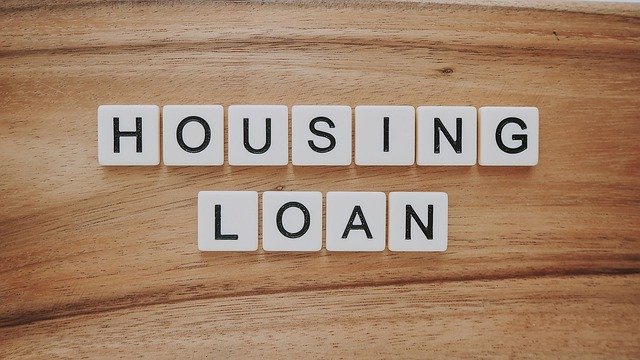Home Equity: What It Is and How It Works
Home equity represents the portion of your house’s value that you truly own — the difference between the property’s market value and any outstanding mortgage or liens. Understanding equity helps homeowners make informed choices about borrowing, refinancing, selling, or investing in improvements. This article explains how equity is calculated, how it interacts with loans and mortgages, common ways to access it, and the key factors that influence equity over time. Whether you are planning renovations, thinking about consolidating debt, or simply tracking household net worth, clarity about home equity can guide practical financial decisions and conversations with lenders or local services.

What is home equity and how is it calculated?
Home equity is the homeowner’s stake in a property, expressed as market value minus outstanding loan balances. For example, if your house is worth $300,000 and you owe $180,000 on the mortgage, your equity is $120,000. Equity grows when you pay down principal, when the property value increases, or both. It can decline if the market falls or if you take additional loans secured by the property. Many decisions—selling, borrowing, or refinancing—depend on an accurate current estimate of your house’s market value and the exact balance of any mortgages or liens.
How does a home equity loan work?
A home equity loan is a type of secured loan that uses your property as collateral and gives you a lump sum based on available equity. Repayment usually follows a fixed schedule and interest rate for the loan term. Lenders typically require a loan-to-value (LTV) ratio within their underwriting limits, combining your existing mortgage balance and the proposed loan. Because the loan is secured by the house, default can lead to foreclosure. Home equity loans are commonly used for major expenses like home improvements or debt consolidation, but comparing terms and understanding repayment obligations is important before borrowing.
How is mortgage related to home equity?
The mortgage balance directly affects equity: paying principal increases equity, while additional borrowing reduces it. Different mortgage actions—such as extra monthly payments, refinancing, or switching to a different loan term—can change how quickly equity builds. A cash-out refinance replaces an existing mortgage with a larger loan and pays the homeowner the difference, converting some equity into cash but increasing the mortgage balance. Mortgage interest rates, loan type, and amortization schedule all influence the pace of equity accumulation over time.
How can you use the equity in your house?
Homeowners can access equity in several ways: taking out a home equity loan, opening a home equity line of credit (HELOC), performing a cash-out refinance, or selling the property. HELOCs provide a revolving credit line with variable payments, which can be useful for ongoing expenses. Cash-out refinancing consolidates debt into a new mortgage but alters monthly payments and loan duration. Using equity for investments or debt consolidation involves weighing interest costs, tax considerations, and the risk of secured borrowing. Consulting a mortgage professional or local services can clarify which option fits your financial situation.
How does property value affect your equity?
Property value fluctuations are a major driver of equity changes. Local market conditions, neighborhood development, interest rates, and broader economic trends all influence house prices. Home improvements that increase market appeal—kitchen or bathroom upgrades, energy-efficient features, or structural repairs—can raise value and boost equity, but not every renovation recoups its full cost. Conversely, extended market downturns or nearby declines in desirability can reduce equity regardless of mortgage progress. Regularly reviewing local sales data and getting professional appraisals help maintain an accurate picture of property value.
Conclusion
Home equity is a central component of household financial planning: it represents ownership stake, supports borrowing decisions, and reflects both mortgage activity and market movements. Understanding how equity is calculated, the borrowing options tied to it, and the ways property value affects your stake helps you weigh short-term needs against long-term financial stability. For specific choices about loans or refinancing, consult qualified mortgage professionals or local services to match available products and terms to your personal circumstances.






